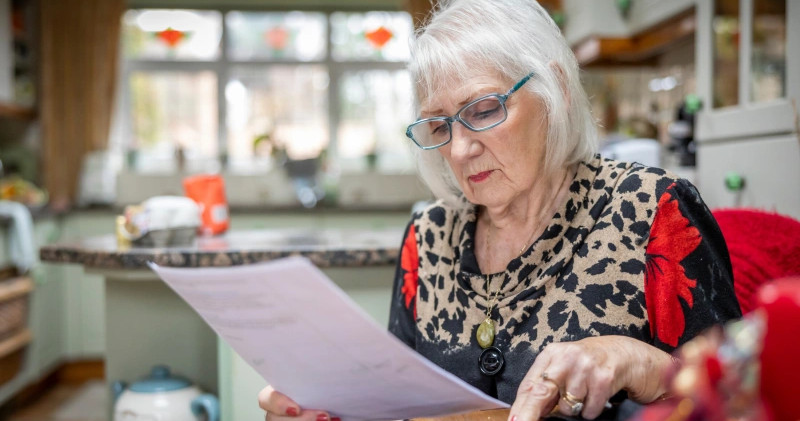Hambleton and Richmondshire
Hambleton and Richmondshire

Help and Contacts

Choose which sections to include in your personalised Falls Guide.
You can download it as a PDF to print, save, or share with family, friends, or others.
Please note that the advice contained on this website is not intended to replace the advice of your GP or other health professional